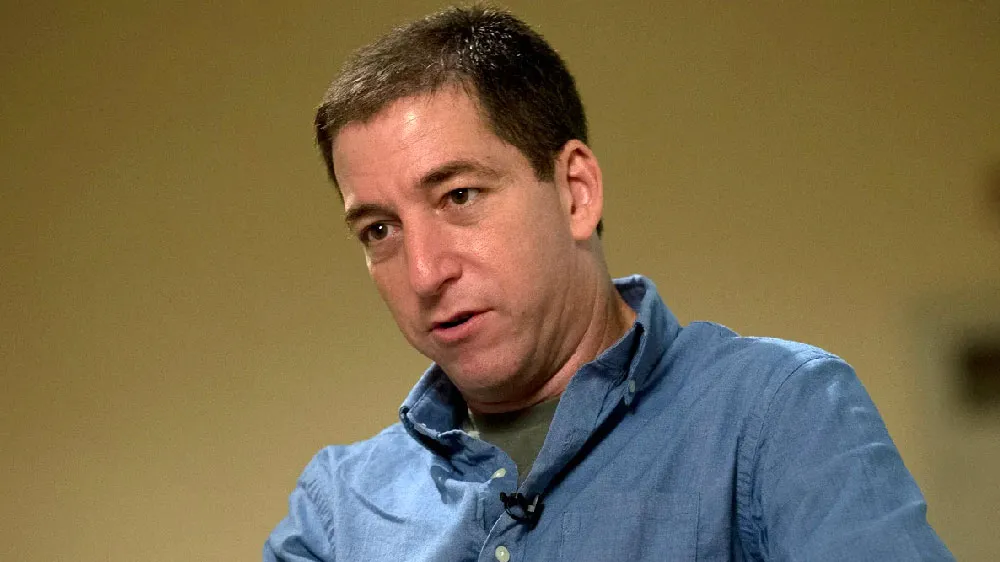March 31, 2017
Senator Baldwin and Representatives Schiff and Grijalva Denounce Exclusion of LGBT Data from Consideration for Census
READ TIME: 4 MIN.
U.S. Senator Tammy Baldwin (D-WI) and Representatives Adam Schiff (D-CA) and Ra�l M. Grijalva (D-AZ) led 86 Members of Congress in sending a bicameral letter to the U.S. Census Bureau Director John Thompson and Office of Management and Budget (OMB) Director Mick Mulvaney, expressing strong disapproval of the Census Bureau's decision to remove data collection on LGBT individuals for consideration for the 2020 Census and the American Community Survey (ACS). The Census Director said, "Our review concluded there was no federal data need to change the planned census and ACS subjects."
The federal government, states, and local communities use census data to determine how to allocate resources to meet the needs of certain populations. Despite this critical mission, no comprehensive federal population survey currently asks respondents to share their sexual orientation and gender identity, meaning that even the most basic of statistics -- the number of people who identify as LGBT -- is undeterminable.
Representative Grijalva and Senator Baldwin introduced the LGBT Data Inclusion Act last year which would require federal agencies to collect data on this population in federal population surveys to ensure policymakers have the data necessary to address the communities' needs. Representative Schiff led a letter for FY 2017 and FY 2018 to House appropriators requesting funding for the U.S. Census Bureau to conduct data collection on the LGBT community.
The text of the lawmakers' letter is below:
Dear Directors Thompson and Mulvaney:
We write to express our strong disapproval of the Census Bureau's decision to not include consideration of data collection on lesbian, gay, bisexual, and transgender individuals in the 2020 Census and American Community Survey. While the Subjects Planned for the 2020 Census and American Community Survey (ACS) report released on Tuesday, March 28 appears to have initially considered including sexual orientation and gender identity as a proposed subject, we are concerned that the finalized report does not include any reference to proposed inclusion of LGBT identities in the Census or ACS. Additionally, we are deeply troubled that in follow-up statements, Director Thompson claims that the rationale for excluding LGBT identities is that there is no federal need for such information.
As you know, the Bureau routinely collects demographic information through the decennial census and the annual ACS. The federal government, states, and local communities rely on Census and ACS data to determine how resources should be allocated to meet the needs of certain populations. Despite this critical mission, neither of these assessments, nor any other major federal population survey, currently asks respondents to share their sexual orientation and gender identity. This means that even the most basic of statistics -- the number of people who identify as LGBT -- cannot be counted.
A number of pieces of federal legislation passed by Congress, implicitly or explicitly, include protections on the basis of sexual orientation and gender identity. Countless programs implemented under these, and other laws, serve LGBT people; some to a distinctly disproportionate extent. There is no doubt that there is both a statutory benefit and a programmatic need to collect sexual orientation and gender identity data if we want federal agencies to undertake their work in the most efficient and effective manner possible.
Despite tremendous progress in the fight to secure equal recognition under the law, LGBT Americans continue to face discrimination in facets of everyday life such as in employment, housing, and even in the justice system. There is also compelling evidence that many, particularly transgender people, are at greater risk of being victimized by violence and experience significant health disparities and vulnerability to poverty. While the Census Bureau took an important step forward in 2013 by including the marital status of same-sex couples as part of ACS data on families, the fact remains that we know little else about the social and economic circumstances of the LGBT population at large.
Expanded data collection on LGBT people is needed to help policymakers and community stakeholders understand the full extent of these disparities, as well as identifying the needs of these communities so they can be better served. It is also crucial to our ability to respond with effective and sensible policy solutions that address the unique needs of this vulnerable population. For these reasons, we believe that the Census Bureau should advance plans to expand LGBT data collection in future national surveys and urge you to assist us in reaching this goal.
In your recent statement, you said that the Census Bureau's goal is to conduct a "complete and accurate census." If this is indeed the goal, then the availability of data on the size, location, and circumstances of the LGBT population should be taken into account. Therefore, the Bureau must acknowledge the concerns regarding the lack of reliable data on the LGBT population in the United States. We ask that you provide additional explanation as to why sexual orientation and gender identity were not included in the Subjects Planned for the 2020 Census and American Community Survey (ACS) report, including justification for stating there being no federal need for data on the LGBT population.
The Census Bureau's data collection efforts have always played a significant role in our ability to understand the communities that we represent and how best to serve them. LGBT Americans -- like every American -- deserve to be counted and recognized in all federally-supported surveys. We appreciate your attention to this important matter and look forward to your response.
An online version of this release is available here.


